Costs and Long-Term Benefits of Residential Solar Systems
Costs and Long-Term Benefits of Residential Solar Systems
One of the most common questions from homeowners interested in solar is “how much does solar cost?”. While we would love to provide homeowners with an easy answer, the cost of a solar energy system varies drastically based on the unique characteristics of the home.
To accurately answer a question about cost, we need details that we can only get from a home assessment. Your solar system price depends on your home’s energy consumption, your roof configuration, the type of inverter you use, the energy storage method you use, how much energy efficiency we can install in your home, the complexity of the installation process, and so much more.
There is no way to accurately price a solar system based solely on your home’s square footage and power bill. However, we can guarantee that if your home is compatible with solar, you will save money long term.
Savings with Solar
The first savings you will see are in your power bill. When you go solar, you are replacing energy from your utility company with energy from your solar panels. That means that the energy your solar system produces is no longer a cost on your monthly power bill. If your solar system produces 500 kWh of energy, your utility bill will go down by 500 kWh.
When you go solar, your panels will provide most or all of the energy your home needs. This means that your power bill will be significantly reduced–or even eliminated. Most homeowners find that their total monthly energy payments after going solar (combined cost of their solar payments and their reduced power bill) are close to, or often less than, their monthly power bill before solar. Our goal is for solar to result in no added cost for you, and ideally cost less each month than you’re already paying for your utility bill.
Plus, your solar payment has a fixed rate. As utility companies continue to raise their power rates, solar homeowners will find themselves paying less each month for solar than they would have been paying their utility company. These savings will build up over time, providing homeowners with significant return on investment (ROI).
Solar is also a valuable financial choice because all the money you spend on solar is going back into your home equity. A 2019 Zillow study found that, on average, solar increased a home’s value by 4.1%. If you decide to sell your home in the future, you will be able to reflect the value of solar in how you price your home.
Financial Incentives for Solar
Homeowners are also able to take advantage of many programs and incentives that will save them money on their system. By participating in these incentives they will be able to reduce their system cost, increase ROI, and spend significantly less than they would have on their utility bills.
- SRECs (solar renewable energy credits) are earned whenever your solar system produces energy, and can be sold on the SREC market, putting cash back into your pocket.
- Net metering is a program that allows homeowners to store excess solar energy on the grid for free until they are ready to use it. Most utility companies that offer net metering also pay homeowners for any unused energy they still have stored on the grid at the end of the year.
- The federal government provides a 30% tax credit on the total cost of a solar project, which homeowners can either pocket or use to finance their system.
These incentives and more make it less expensive, and often financially beneficial, for homeowners to go solar.
Our goal is to design you a solar system that reduces your power bill and results in long term savings and substantial return on investment. We can’t wait for you to see the savings you can get by going solar!
Do you want to learn more about solar? Subscribe to our Solar 101 blog series by entering your email address below, or click the link to view our corresponding Solar 101 videos!








